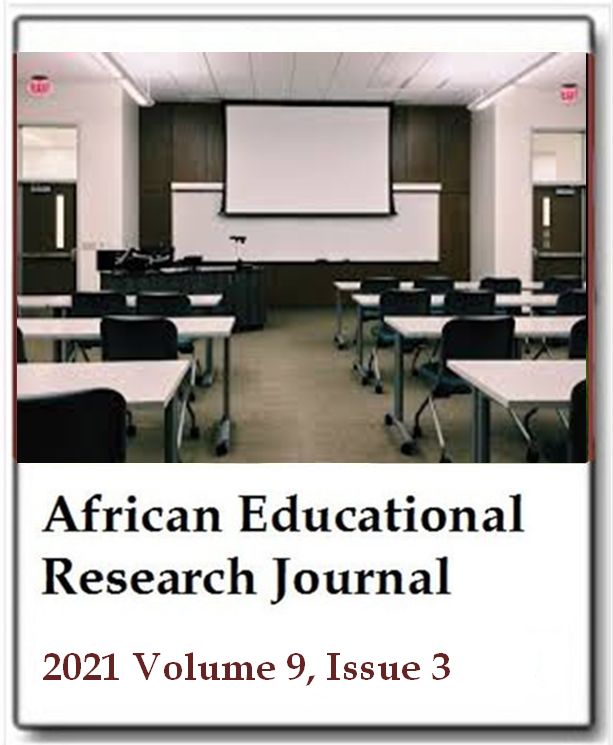The effects of reciprocal teaching on the perceived reading comprehension self-efficacy of 2nd-grade pupils: Reflections of the pupils and their teacher
Sultan Selen KulaAfrican Educational Research Journal
Published: July 14 2021
Volume 679-686
DOI: https://doi.org/10.30918/AERJ.93.21.102
Abstract
This study examined the effects of reciprocal teaching on the perceived reading comprehension self-efficacy of 2nd-grade pupils. The study was designed in pre-post test experimental design with a control group. Qualitative data was also collected from the intervention group students and the classroom teacher who carried out the intervention lessons. Participants consist of typically developing 2nd-grade pupils from a state primary school (n = 34) in Turkey. While the intervention group used a total of 36 lesson hours of reciprocal teaching techniques for 6 lessons per week for 6 weeks, the lesson was taught in traditional ways in the control group. According to the research findings, there was no statistically significant difference between the post-test scores of the intervention and control groups. Students stated that the most difficult reciprocal teaching strategy was summarizing, while the easiest was the prediction. As a result of the observations of the classroom teacher who conducted the intervention lessons, the positive effects of reciprocal teaching on the pupils' reading comprehension were emphasized. For this reason, it is suggested that the use of reciprocal teaching in Literacy lessons should be widespread in Turkey.
Keywords: Reciprocal teaching, self-efficacy, reading comprehension.
Full Text PDFThis article is published under the terms of the Creative Commons Attribution License 4.0

